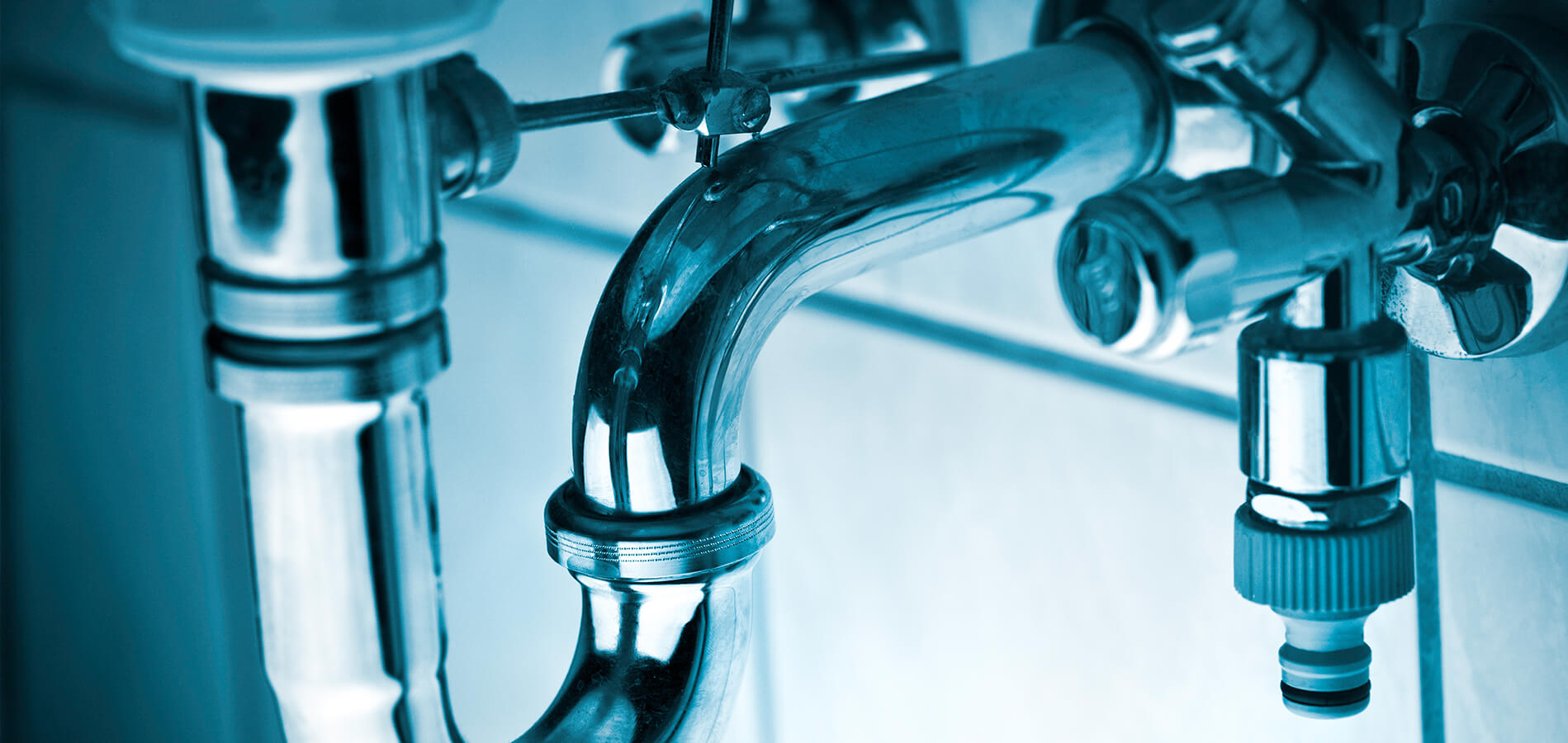How to Become a Plumber
A plumber is a skilled tradesperson who installs and repairs pipes and other plumbing systems. This trade requires a certain level of skill and requires years of training and experience. Most jurisdictions require licensed plumbers to hold a specific license and a minimum of two years of experience. As a skilled plumber, you will be able to use soldering techniques and various pipe fittings to repair damaged and worn pipes. In addition, you will be expected to understand building regulations and safety standards in order to properly diagnose problems and repair plumbing systems.
Plumbing is a very dangerous trade. When dealing with human waste, plumbers are exposed to various infections and diseases. In addition to faecal matter, plumbing equipment often contains debris such as toilets, sinks, and sewage pipes. You should ensure that the plumbing system is maintained properly to avoid any potential health risks. A plumber must be certified to perform these tasks and must be licensed in order to perform these services. A state license is required to perform any gas installation or repair.
A plumber’s duties will vary in size, but they usually include installing and maintaining plumbing systems in homes and businesses. A plumber’s job will involve a variety of projects from big buildings to small refrigerators. He will also install and maintain toilets, dishwashers, and water heaters. In addition, he or she will unclog pipes and maintain septic systems. If you are interested in becoming a plumber, there are several ways to get started in this career.
A plumber must be trained in the area of plumbing and have at least an Interim Gas License for a minimum of 12 months. In addition, a Plumber must possess a Certificate IV in Plumbing. When working with human waste, he or she may be exposed to harmful microbes. These bacteria are excreted in the faecal matter of the human body, and can cause infection or even death. A licensed plumber must be certified by the Department of Health to operate legally.
A plumber should be able to find a leak in a home or business. While this task can be difficult without the proper tools, a homeowner can usually make a good educated guess based on the amount of water the house uses and the amount of water the bill incurs. A professional Plumber should be able to use these technologies to detect a leak and repair it. It is essential to get help from a qualified plumber if you suspect a problem with a pipeline.
Besides fixing a leaking pipe, a plumber should also be able to detect the source of the leak. A leak may be causing an increase in water bills. It is difficult to locate the exact location of a leak, so a professional plumber should be able to do this job effectively. In addition to inspecting the leak, a plumber should be able to pinpoint the source of the leak. They will be able to identify the cause and remedy the problem.


